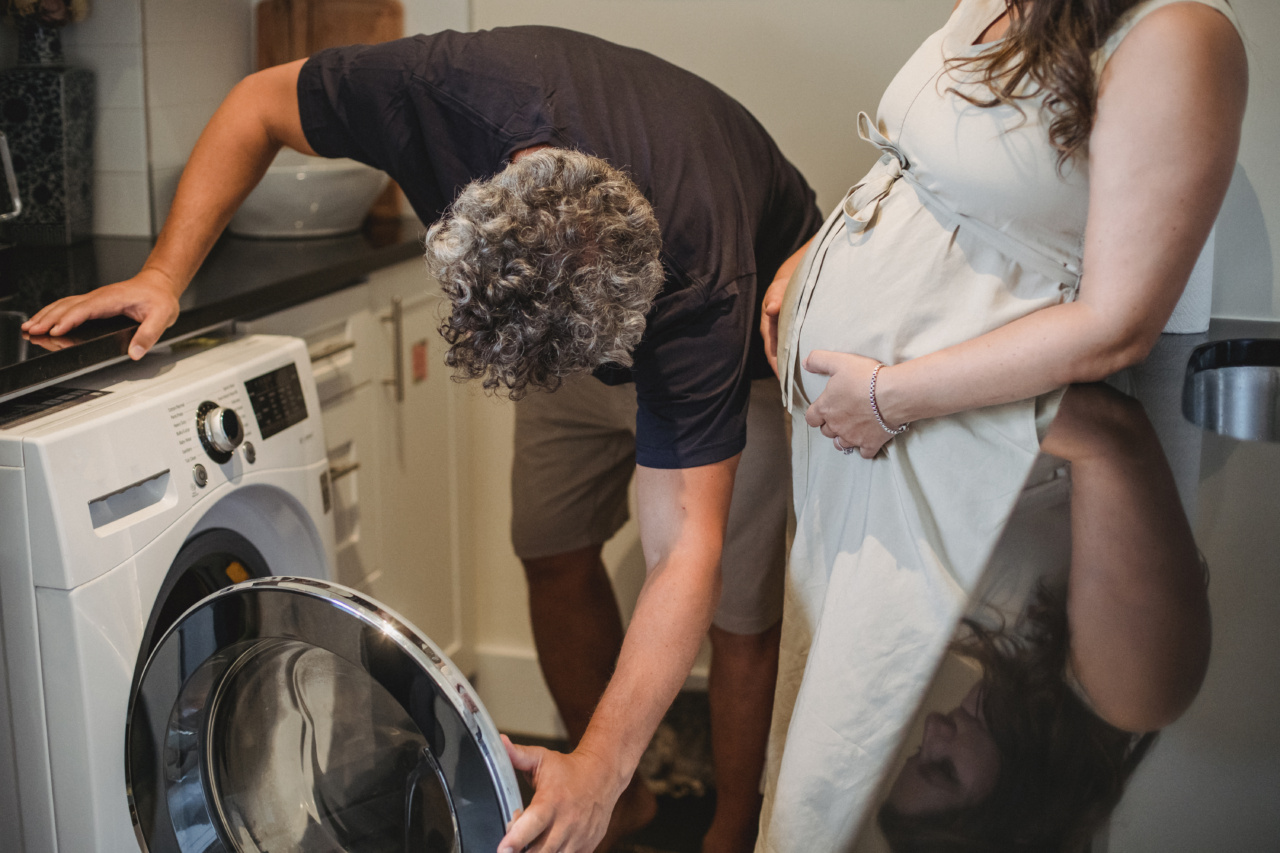Deciding to start a family is an exciting and life-changing decision. For many couples, the journey to parenthood can be an emotional rollercoaster, especially when conception doesn’t happen as quickly as expected.
Understanding the best time to conceive can significantly increase your chances of getting pregnant. In this article, we will explore the various factors that determine the ideal time for conception and provide you with valuable tips to help you get pregnant faster.
1. Understanding the Menstrual Cycle
The menstrual cycle plays a crucial role in determining the best time to conceive. Typically, a menstrual cycle lasts for 28 days, although this can vary from woman to woman. It is divided into three phases:.
a) Follicular Phase: This phase starts on the first day of your period and lasts for around 14 days. During this time, the follicles in your ovaries mature and prepare to release an egg.
b) Ovulation Phase: Ovulation usually occurs around day 14 of the menstrual cycle, although it can vary. This is the most fertile time of the cycle when the ovary releases a mature egg into the fallopian tube, ready for fertilization.
c) Luteal Phase: After ovulation, the luteal phase begins and lasts for approximately 14 days. If the egg is fertilized, it implants itself into the uterus during this phase.
If fertilization doesn’t occur, the uterine lining sheds, resulting in menstruation.
2. Detecting Ovulation
Knowing when you ovulate is crucial for timing intercourse and increasing your chances of conception. Here are some common methods to detect ovulation:.
a) Basal Body Temperature (BBT): Tracking your BBT involves measuring your body temperature every morning upon waking. A slight increase in BBT indicates that ovulation has occurred.
b) Ovulation Predictor Kits (OPKs): These kits detect the surge in luteinizing hormone (LH) that occurs 24-48 hours prior to ovulation. Timing intercourse during this surge increases your chances of getting pregnant.
c) Cervical Mucus Changes: Leading up to ovulation, your cervical mucus becomes thin, slippery, and stretchy—resembling raw egg whites. This fertile mucus helps sperm travel towards the egg more easily.
3. Best Time for Intercourse
Having intercourse during the fertile window significantly increases your chances of conception. The fertile window includes the days leading up to and including the day of ovulation.
Sperm can survive in the female reproductive system for up to five days, so having regular intercourse during this time maximizes the chances of sperm being present when the egg is released.
4. Healthy Lifestyle Choices
Adopting a healthy lifestyle can positively impact your fertility. Here are some tips:.
a) Diet: A balanced diet rich in fruits, vegetables, whole grains, lean proteins, and healthy fats supports reproductive health. Avoid excessive caffeine and alcohol consumption, as they can interfere with fertility.
b) Exercise: Engaging in regular physical activity helps maintain a healthy weight and promotes overall well-being. However, excessive intense exercise can disrupt the menstrual cycle, so it’s important to strike a balance.
c) Manage Stress: Stress can affect hormone levels and disrupt the reproductive cycle. Engage in stress-reducing activities such as yoga, meditation, or hobbies you enjoy to promote relaxation.
d) Avoid Tobacco and Recreational Drugs: Smoking and drug use have a detrimental effect on fertility and can lead to various pregnancy complications.
5. Seeking Medical Advice
If you’ve been actively trying to conceive for over a year without success (or six months if you’re over 35), it’s recommended to consult a fertility specialist.
They can assess both partners’ reproductive health, identify any underlying issues, and suggest appropriate treatments or interventions to help you achieve pregnancy.
Conclusion
Understanding your menstrual cycle, detecting ovulation, timing intercourse during the fertile window, adopting a healthy lifestyle, and seeking medical advice when needed are key factors in increasing your chances of conceiving.
Remember, everyone’s journey to parenthood is unique, and it’s important to stay positive, be patient, and take care of yourself throughout the process.































